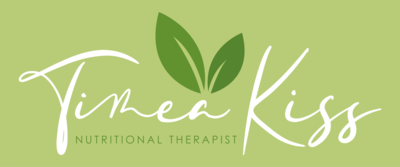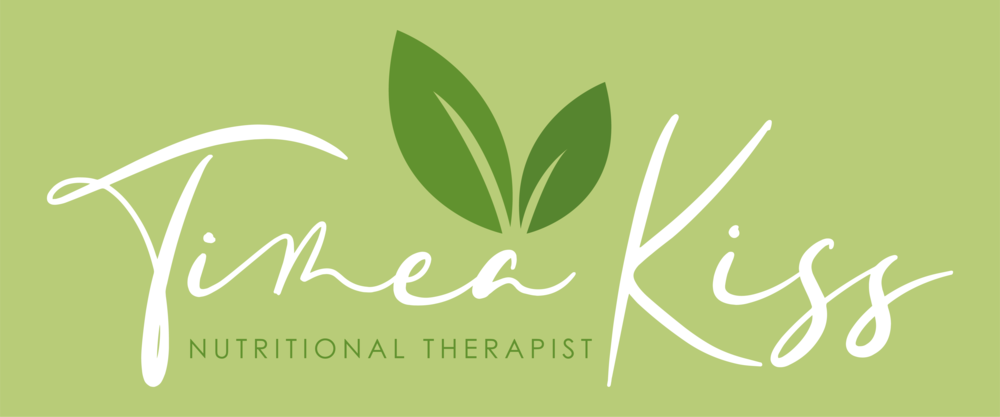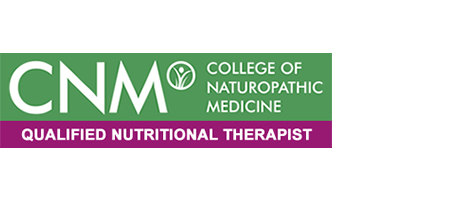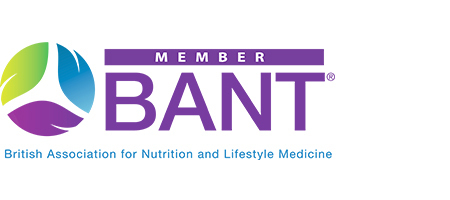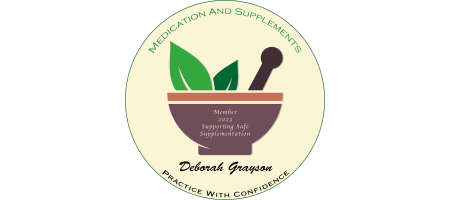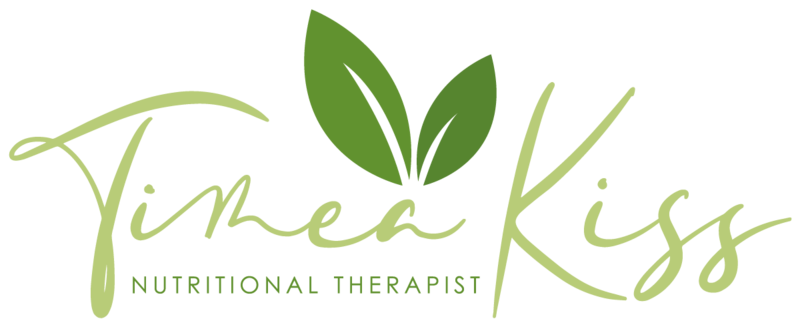“The Healthier I Eat, the Worse I Feel”: When Good Nutrition Goes Wrong
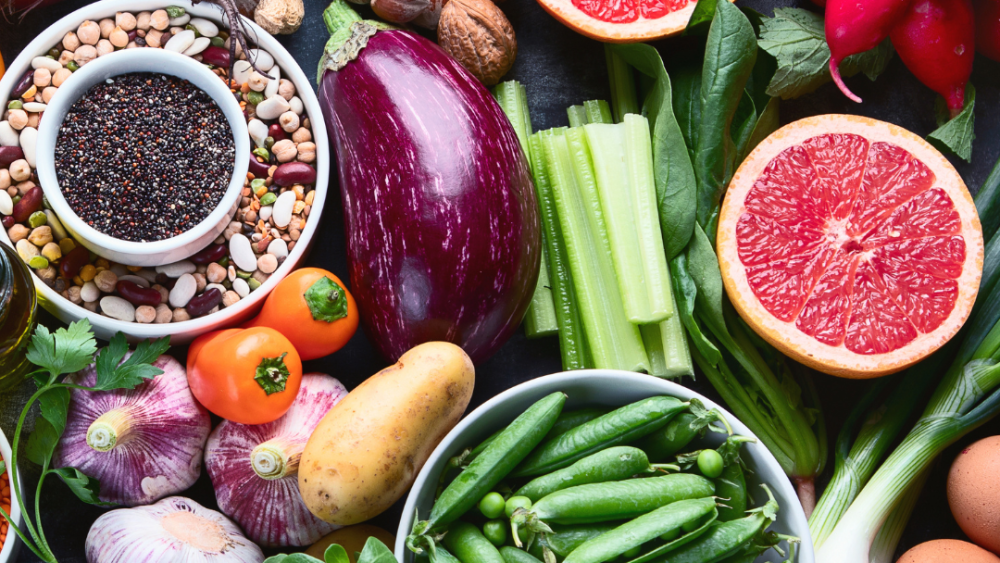
posted 29th July 2025
Have you ever cleaned up your diet — added more vegetables, fruits, fibre, and whole foods — only to feel worse?
You’re not alone.
Many people feel confused or disheartened when eating “healthier” leads to more bloating, discomfort, brain fog, or even skin flare-ups.
But here's the thing: it’s not that healthy food is bad for you — it’s that your gut might not be ready for it.
In functional medicine and nutritional therapy, we see this pattern often.
Let’s break down why this happens, and what you can do about it.
🥬 Why Does Eating Healthier Sometimes Backfire?
It sounds counterintuitive, doesn’t it? You replace takeaways with salads, swap white bread for wholegrains, and drink green smoothies — and your belly rebels.
This isn’t because healthy food is “wrong” for you — it's because your gut is not yet in the right condition to digest and absorb these foods properly.
Here are some of the most common reasons:
1. Your Gut Microbiome Is Out of Balance
A sudden increase in fibre-rich foods (such as lentils, legumes, cruciferous vegetables, and oats) feeds your gut bacteria — which is normally a good thing. But if your microbiome is imbalanced (a state known as dysbiosis), this can lead to excess gas, bloating, or constipation as harmful bacteria ferment these fibres in undesirable ways.
2. Low Stomach Acid or Digestive Enzymes
Raw vegetables, nuts, seeds, and high-protein meals require adequate stomach acid and enzyme output to be properly broken down. However, stress, ageing, and long-term use of antacids or proton pump inhibitors can reduce stomach acid (hypochlorhydria), making digestion sluggish and incomplete.
Signs of low stomach acid may include:
- Reflux
- Burping after meals
- Undigested food in stools
- Feeling full quickly or bloated after protein-rich meals
- Feeling heavy after eating red meat
3. Your Nervous System Is in “Fight-or-Flight” Mode
When you're under chronic stress, your body prioritises survival — not digestion. In this state, digestive function slows down, leading to bloating, sluggish bowel movements, and malabsorption. Even the healthiest foods can sit like a rock in your stomach when your parasympathetic nervous system is suppressed.
4. Your Gut Lining May Be Inflamed or Compromised
Increased intestinal permeability (often referred to as “leaky gut”) can make it difficult to tolerate certain foods — even nutritious ones. This is often seen in those with a history of food sensitivities, infections, antibiotic overuse, or autoimmune conditions.
When the gut lining is irritated, the immune system can overreact to food particles, leading to bloating, cramping, fatigue, or skin breakouts shortly after meals.
What Can You Do About It?
It’s tempting to eliminate more and more foods in the hope of feeling better. But this often leads to nutrient deficiencies, food fear, and further digestive dysfunction. Instead, focus on preparing your gut to receive nourishment.
Here’s how:
✔️ Chew Thoroughly and Slow Down
Digestion starts in the mouth. Aim for 20–30 chews per bite and eat in a calm environment. Avoid phones and laptops at mealtimes.
✔️ Cook Your Veggies
Steamed, roasted, or lightly sautéed vegetables are easier to digest than raw. Start with small portions and increase gradually.
✔️ Support Digestion Naturally
Bitter herbs (like rocket or lemon water), apple cider vinegar before meals, or gentle digestive enzymes (under supervision) can stimulate stomach acid and enzyme production.
✔️ Strengthen Your Microbiome Gradually
Start low and go slow with fibre. Include prebiotic-rich foods like cooked and cooled potatoes (for resistant starch), green bananas, or Jerusalem artichokes — but only if well tolerated.
Fermented foods like sauerkraut or kefir may be beneficial, but not everyone tolerates them early on.
✔️ Consider Functional Testing
Stool testing (like GI EcologiX or GI360), food sensitivity testing, and nutrient panels can help uncover the root cause of your symptoms — whether that’s a bacterial overgrowth, enzyme deficiency, parasite/yeast overgrowth or inflammation.
Case Example: From “Healthy” to Healed
A client of mine recently said:
“The healthier I eat, the more bloated I get. It’s like my body is rejecting good food.”
We ran a microbiome test and found an overgrowth of fermenting bacteria and low levels of beneficial microbes. We adjusted her diet to include cooked vegetables, reduced fermentable fibres, supported digestive enzymes, and rebuilt her gut step by step.
Now? She's thriving on the same whole foods that once caused her pain.
Personalised Support Makes All the Difference
You don’t need to eliminate all “healthy” foods. You need to understand what your gut can handle right now, and how to build tolerance safely.
As a Registered Nutritional Therapist, Nutrigenomics Specialist, and Functional Medicine Practitioner, I help you uncover the why behind your symptoms — and build a plan tailored to your unique biology.
Feeling bloated, uncomfortable or discouraged on your healthy eating journey?
Book a free 30-minute Gut Clarity Call with me to explore what's really going on.
Final Thoughts
Eating healthier should make you feel better. But if it doesn’t, your gut may need some attention first.
You’re not failing — your body is just asking for a different kind of support.
Written by:
Timea Kiss
Registered Nutritional Therapist | Nutrigenomics Specialist | Functional Medicine Practitioner
www.timeakissnutrition.com | UK & EU consultations available
